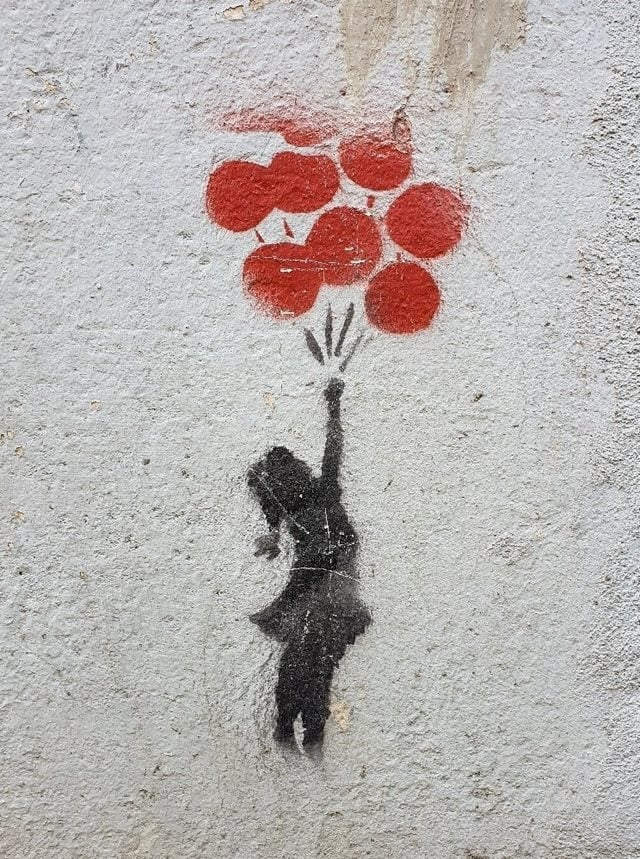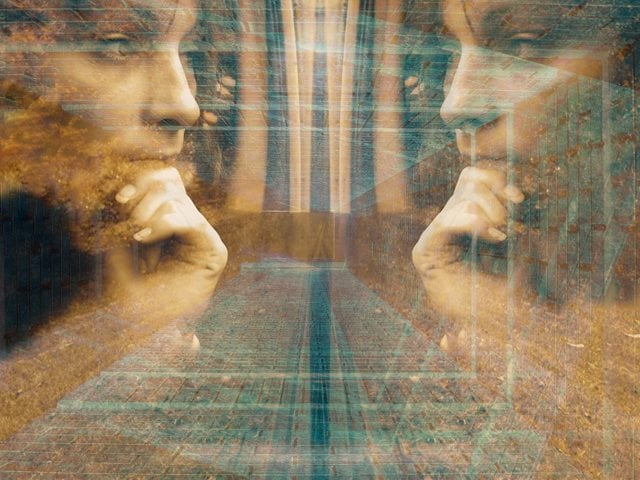What I Wish My Parents Knew About My Mental Health Struggles

Not feeling understood or supported by parents or guardians can be a major challenge for many kids and teens who’ve been diagnosed with depression.
Part of the tension may stem from how far we’ve come in the last decade to be more open and supportive of mental health. The conversation online and offline has shifted substantially. But many of our parents may have lived during periods when there was more stigma and silence. There’s work to be done in order to break down those walls and build new perspectives.
I believe this is vitally important in the early stages of development for children and teenagers. It’s arguably already a difficult time in life for anyone. Not having an open dialogue can erect barriers that prevent people from reaching out for help, support, or a diagnosis to understand what they’re going through. That can have a lifelong impact.
We asked members of The One Project’s mental health community what they wished their parents knew about their depression. These are a few of the stories we received.

My mom knows about my mental struggles. She knows I also struggle with my relationship with my father. He betrayed our family with some women. Mom and I left him. I still avoid him. We haven't been in touch for years now.
Mom suffered from depression and migraines during the times my parents parted. I was there for her. Nobody else was. But I was a teenager...
She knows the trouble I have forgiving him. I still try to get along with this part of my past.
What she doesn't know is that her high expectations have also influenced my mental health.
I wasn't able to fulfill her wishes and dreams of me as a successful woman. I feel like a disappointment.
My mom was an A student her whole school life. I wasn't. She had had every possibility. I didn't use mine efficiently.
That's what she thought. That's what she’s still thinking.
I never told her that these expectations also led to my worst feelings and influence my inner thoughts and emotions.
I don't measure up to her ideas of good or best. I don't measure up to mine.
Do I really want her to know this?
Do I really want to impose this on her?
I often wished my past would blow away like a balloon in the wind. But without my past, I wouldn’t have become the person I am today.
I’m not proud of myself. I have nothing special to give or share. I’m no great personality. But I’m me. That's it.
— Kali Mahavidya

"Dad, I need you to be my pa. Not my doctor."
"Mum, it's okay to cry. Don't hide your fear. Hiding is part of how we ended up here in the first place."
I always pretended everything was okay.
When the panic attacks struck, it was okay.
When it became unbearable to function at work, it was okay.
When I injured myself multiple times daily, it was okay.
When being alive felt like something I didn't want... it was okay.
Of course, none of that was okay. But I grew up in a household where the things that were not okay were not pointed out, mentioned, or discussed. There was no space for the Dark and Heavy.
Mum, Dad: if you don't make space for the Dark and Heavy, it will make space for itself. I've learned that looking the other way or plugging your ears doesn't wash it away. Wait long enough, and you'll feel a little tap on your shoulder. It's not something to fear. The pain is not the enemy. Pain is a gift.
Continuing to walk on a broken leg as though nothing happened doesn’t unbreak your leg.
We must stop. We must look at our injury and say, "Something here hurts. Something is not right." We must peer into the darkness and ask, "What is it that you have to teach me?"
Mum, Dad... I am a child of Light and Dark. And that, well, that is okay. It can even be beautiful. Let's talk about it.
— Erin Avenant
Depression is the most common condition linked to suicide. It’s often undiagnosed or untreated. Reach out for help immediately if you or someone you know is experiencing signs of suicide, including:
- Talking about, thinking about, or looking for ways to kill yourself
- Feeling hopeless or like you have no reason to live
- Feeling trapped or like you’re a burden to others
- Experiencing unbearable pain
- Increased alcohol and drug use
- Withdrawing from people or activities
- Sleeping too much
- Sudden anger, agitation, irritability, shame, or aggression
Help is available for free 24/7. Call the National Suicide Prevention Lifeline at 800-273-8255 or text TALK to 741741 to text with a trained crisis counselor from the Crisis Text Line.

(Warning: This story contains graphic, sensitive, and descriptive information related to sexual abuse.)
For years I’ve tried to understand the blackout period of my adolescence before I entered the stages of my life within the foster care system. So many people misconceive, or would prefer to believe, that my biggest struggles started there. It was well before then.
The adults in my life were supposed to be my protectors. They failed to offer protection from the outside elements! I was surrounded by misjudgments and misconceptions of what's important. I faced multiple sexual invites from the older men that were supposed to be family friends or potential mates for my family members.
The last straw was when the drug dealer came into my room in the middle of the night. He woke me up and encouraged me to get high for the return of sexual favors. He left the room after multiple attempts and the repeated decline. He’d run out of his date rape drug and didn’t get what he sought.
I followed shortly behind him only to be scolded by the family friend I was staying with. She insisted I tell her what I did to be able to get high with him that night. All I could tell her was nothing.
I didn’t know what to say. I was 10! I didn't need a lecture or a scolding then. I needed a hero to break that door down and remove him from the premises! Unfortunately this same man did this to multiple girls my age. Their ability to decline wasn't there.
My first feelings of loneliness and isolation began before foster care. No one listened, so no one heard. I surrendered my virginity around the age of 10 in the hopes of no longer enticing the entertainment of men. Instead I was labeled a whore. So I later became one.
I attempted my first silent suicide attempt at around the age of 10. I just could not make sense of my wrongs in the world.
My reality slipped into a black haze of shame and violence and rage at that time. I could no longer retain the visual views of the world around me. I only knew how I could react. Out of control.
I guess it became my only control to become one with the worst of my labels. I forget all of it until my mother walked me through the doors of the department of the social services demanding they take me or she was gonna kill herself. I was too much of a burden.
That was on May 28, 1998. That's the day I woke up! I tremble as I recall this.
I spent years of therapy in the foster care system. I took one pill after another. I had one changed diagnosis after the other. No one cared to understand the meaning behind the destruction!
Once again, no one listened, so no one heard! They failed to understand the language that went with the behavior! This led to further feelings of isolation leading to further disruptive behaviors and more suicide attempts.
Perhaps all I needed to hear was how I had every right to be angry! I had every reason in the world to be so sad and confused! Let us show you how to contain it and maneuver around it. I’ve always wondered what those words would have meant to my adolescent self.
But there I was. That uncontrollable delinquent child who has morphed well into my adulthood, which has resulted in me being the inconsolable adult women I am today.
— Crystal Hundley
Childhood sexual abuse can have serious and lifelong effects on a person’s life. It’s not always easy to spot. Listen to your instincts and talk to a child if something seems off. Watch for the following signs of sexual abuse in children:
- Signs of trauma in the genital area, including unexplained bleeding or bruising
- Sexual behavior that’s inappropriate for a child’s age
- Resuming behaviors that a child has outgrown, like bedwetting or thumb-sucking
- Not wanting to be left alone with certain people, especially if the behavior is new
- Excessive talking about sexual topics, fear, or worry
- Nightmares and fear of being alone at night
If you suspect a child is being sexually abused, call the National Sexual Assault Hotline at 800-656-HOPE (4673) or chat online at online.rainn.org.
There are many ways to support someone with depression. Listen, be present, and show or tell us about your support or acceptance. We hope to receive the same from our parents or guardians.
The impact of their support, however, can be so much greater.
For more information on how to manage depression, reach out to your doctor or healthcare team.










